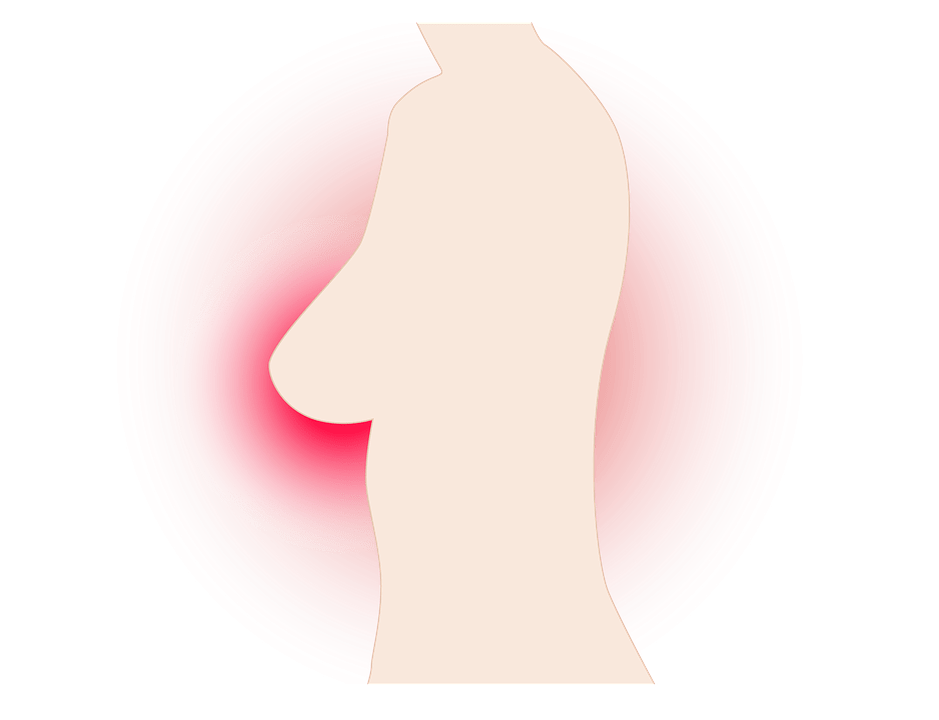A cancer diagnosis always brings out mixed feelings, with thousands of questions about what comes next. If you have recently got breast cancer treatment, there is always the risk of developing the same cancer again. For this reason, all cancer survivors should have follow-up care. Here is the detailed explanation from a breast clinic in Nebraska of what steps to follow after breast cancer treatment.
What Is Follow-Up?
Once you receive your breast cancer treatment, your doctor and nurse will check and monitor you, like hormone therapy.
Follow-up depends on various factors varying from person to person. It depends on the risk of your cancer coming back and how your body reacts to breast cancer treatment.
What Is Primary And Secondary Cancer?
Primary breast cancer is the first cancer in the breast. Most of the time, the survivors don’t get cancer again.
But first, cancer can spread to other parts like the brain, liver, lungs, and bones. This is called secondary breast cancer.
How Often Are The Follow-Ups?
You might have regular checkups for about five years after the treatment. Depending on the type of surgery, doctors will offer regular mammograms. Some hospitals will have a system where you get regular phone calls from specialist nurses.
In the follow-ups, one can explain the feelings after the treatment and the symptoms and side effects. Doctors also examine the chest area along with other areas of concern.
Always mention any symptoms or pain that won’t go away to the doctor. They will refer you to other professionals like a physiotherapist.
It does not mean from new pains or symptoms that cancer has come back. This is normal to fear any new pain after the treatment, but doctors can efficiently address you.
With the follow-up treatments, one can also prevent problems like late effects. Late effects are the problems that arise after months or years after treatment. Medical attention from professionals will reduce these problems of late effect.
Other Things You Should Tell Your Doctor:
New medicines, supplements, or herbs you are taking.
Any physical problem you are facing in daily life.
After the breast cancer treatment, be aware of any changes in the body. If you see any, immediately report to the doctor. The doctor decides if the problem is related to cancer.
What Tests Are Required During Follow-Ups?
A mammogram is required every year for at least five years after the treatment.
For women under 50 years, mammograms are required every year until you are invited for breast screening.
For women above 50 years, mammograms are required every year for five years after treatment. After five years, doctors start routine breast screening.
If you have a mastectomy, you also have a mammogram of the opposite breast.
All women ages from 70 to 90 are invited by the National Breast screening program every three years. After the age of 70, you can contact the local services to book an appointment for screening.
If there is a family history of breast cancer, then one requires regular tests for a more extended period.
Will I Require Other Tests And Scans?
Other than these tests, there is no requirement of any tests unless any symptoms are growing in the body. Studies show that regular scans with no signs are not helpful.
Some patients are prescribed to have regular checkups of bone strength. A bone checkup is required because the treatments like chemotherapy affect the bones, which increases the risk of developing osteoporosis.
Guidelines For A Healthy Lifestyle:
Everyone finds accessible ways to reduce the chances of cancer coming back. The survivors are worried after the treatment and find this is a time when they will have to take good care of themselves.
To start after the treatment, ask your doctor to develop a plan that includes proper ways to physically, emotionally, and socially. It is suggested to share all your problems with your doctor. A doctor can also suggest that another member talk with you about your wellness.
Some General Tips:
Decrease the amount of alcohol intake, as alcohol increases the risk of cancer.
Make sure to quit smoking after the treatment, and it increases the chance of getting cancer back.
For overall wellness, a balanced and healthy diet includes vegetables, proteins, and fruits.
It is important to start the exercise program. You can also join any special care program, but make sure to talk with your doctor before starting any program. Even if you are suggested bed rest, stretching, and moving arms and legs can help.

